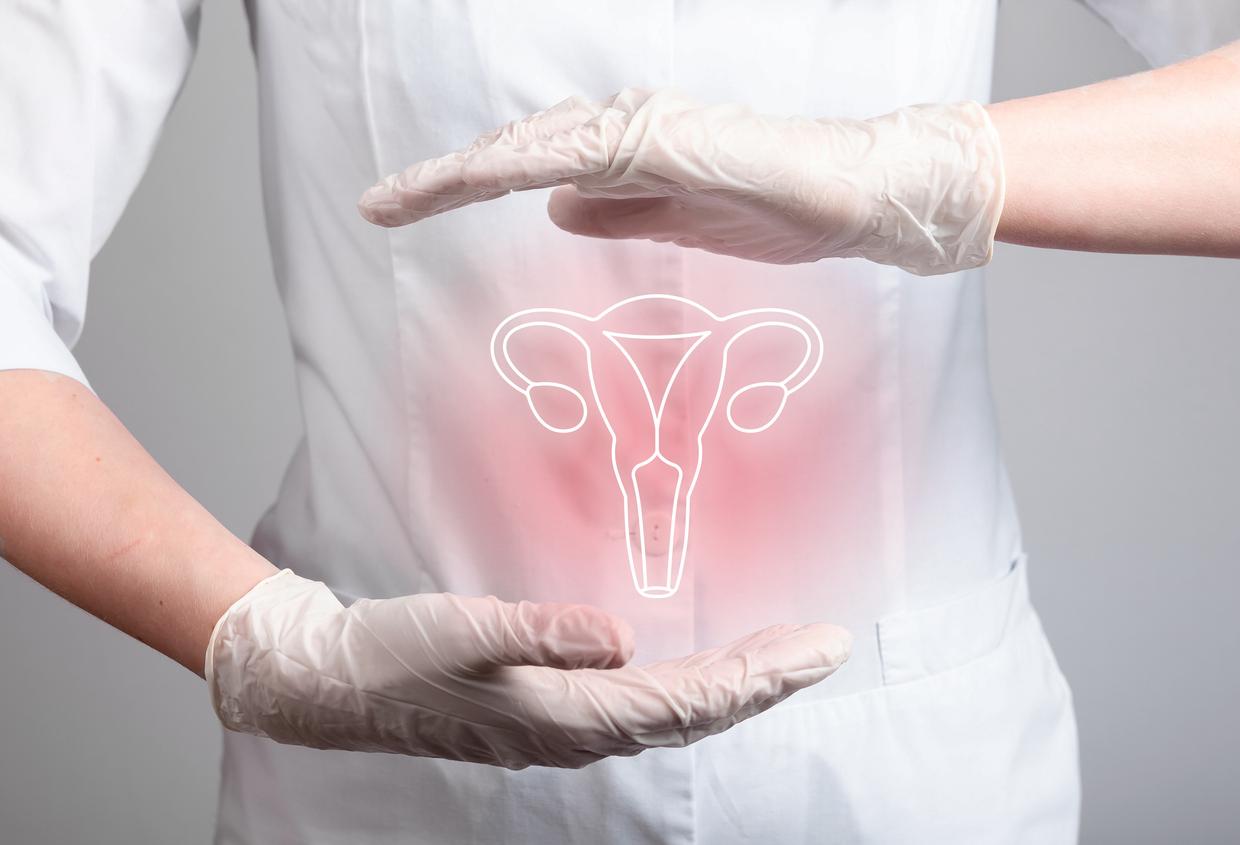
October 21, 2009 – Many people take advantage of the relaxing properties of massage for pleasure and relaxation, but many also use it to treat health problems.
“Today’s demands go well beyond the search for relaxation and well-being to include, among other things, pain relief,” said Sylvie Bédard, Executive Director of the Fédération québécoise des massothérapeutes (FQM) at the conference The art of touch1.
The FQM wants massage therapy to occupy a more important place in the Quebec health system. According to the general manager, the curative benefits of massage therapy complement medicine.
 Sylvie Bédard gave as an example the association between the FQM and the Leucan organization, which is dedicated to children with cancer. For 20 years, Leucan has integrated massage therapy into its care programs for children and also for their parents. Four pediatric oncology care centers in Quebec offer these services: the Center hospitalier universitaire de Sherbrooke, the Montreal Children’s Hospital, the Sainte-Justine Hospital and the Center hospitalier universitaire de Quebec.
Sylvie Bédard gave as an example the association between the FQM and the Leucan organization, which is dedicated to children with cancer. For 20 years, Leucan has integrated massage therapy into its care programs for children and also for their parents. Four pediatric oncology care centers in Quebec offer these services: the Center hospitalier universitaire de Sherbrooke, the Montreal Children’s Hospital, the Sainte-Justine Hospital and the Center hospitalier universitaire de Quebec.
|
Better quality of life |
Confirmed benefits
 According to the Dr Jean Drouin who participated in the conference, several studies have confirmed the benefits of massage on relaxation, reduction of fatigue and anxiety. Relaxation helps decrease the production of cortisol, a hormone produced in response to stress. A direct effect that strengthens the immune system, says the physician professor in the Department of Family Medicine and Emergency Medicine at the Center hospitalier universitaire de Laval (CHUL).
According to the Dr Jean Drouin who participated in the conference, several studies have confirmed the benefits of massage on relaxation, reduction of fatigue and anxiety. Relaxation helps decrease the production of cortisol, a hormone produced in response to stress. A direct effect that strengthens the immune system, says the physician professor in the Department of Family Medicine and Emergency Medicine at the Center hospitalier universitaire de Laval (CHUL).
The Dr Drouin explained how he integrates massage therapy into his practice. “I use a holistic approach, that is, I find a treatment that takes into account the discomfort as a whole. Are the causes genetic, dietary, stress, the environment or lack of physical activity? Complementary medicines, such as osteopathy, homeopathy and massage therapy compensate for the limits of conventional medicine, ”he maintains.
An evolving mentality
The Dr Jean Drouin admits it, his approach has not always been unanimous among his colleagues. An attitude that is changing, according to him, thanks to the growing popularity of massage therapy in the workplace, in sports medicine, with pregnant women, people suffering from chronic pain and severe burns, he explains. .
Be careful, however. While massages pose few health risks, there are some serious contraindications to consider, he adds. “Some massages applied to relieve lower back pain can move vertebrae, if performed by inexperienced people,” he warns. Lymphatic drainage should also be performed by qualified people because, if performed improperly, it can cause a brain aneurysm.
Massage therapy is also not recommended in case of fever. People with heart disease, diabetes or at risk of circulatory problems should also seek medical advice since massage increases blood pressure and lowers the heart rate.
In Quebec, massage therapy is not regulated by a professional order. It is therefore better to ensure that the practitioner is part of a recognized association. There are more than 20 associations in Quebec, but the 2 most important bring together the vast majority of practitioners: the Fédération québécoise des massothérapeutes2 (FQM) and My Network Plus3.
Danny Raymond – HealthPassport.net
1. The conference, organized by the Fédération québécoise des massothérapeutes, took place on October 16, 17 and 18 in Montreal.
2. www.fqm.qc.ca [consulté le 20 octobre 2009]
3.www.monreseauplus.com [consulté le 20 octobre 2009]















